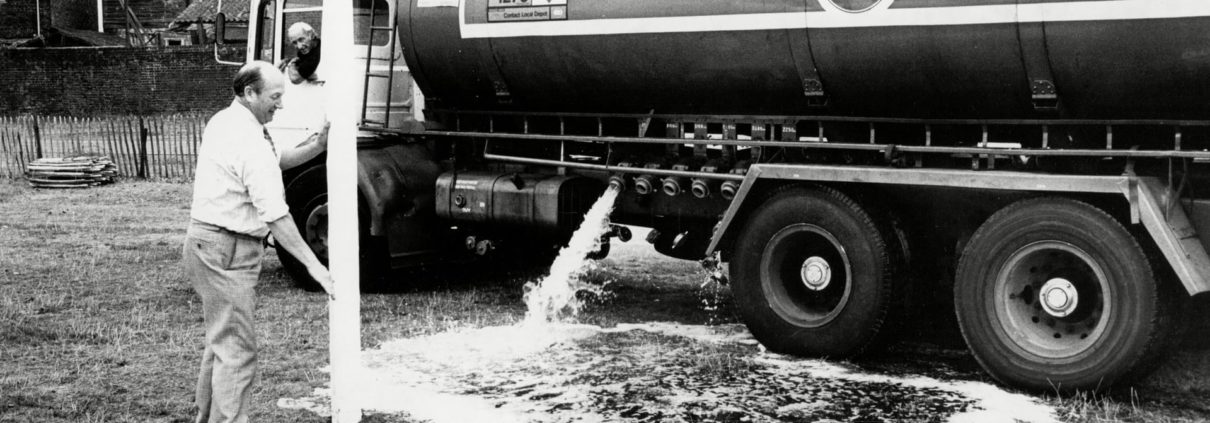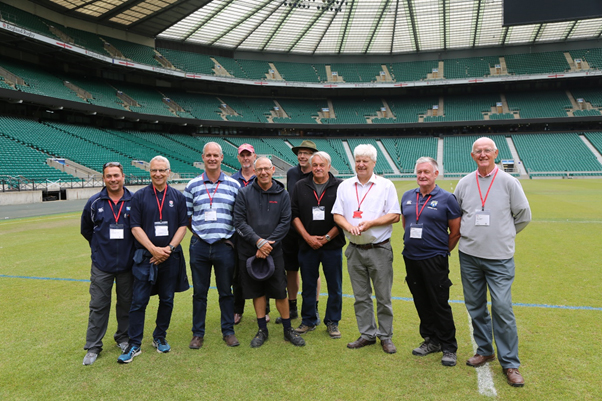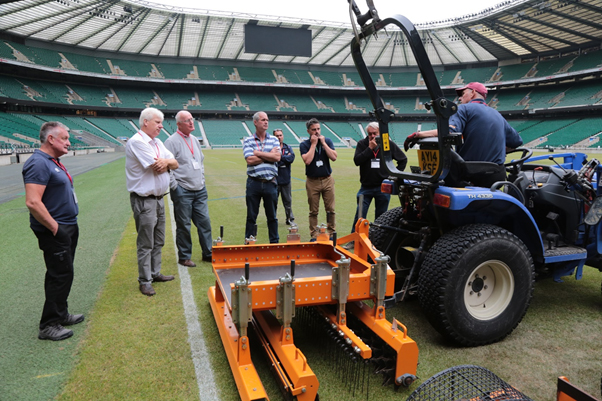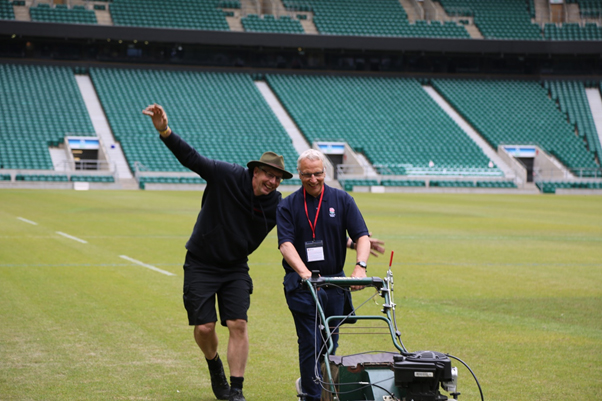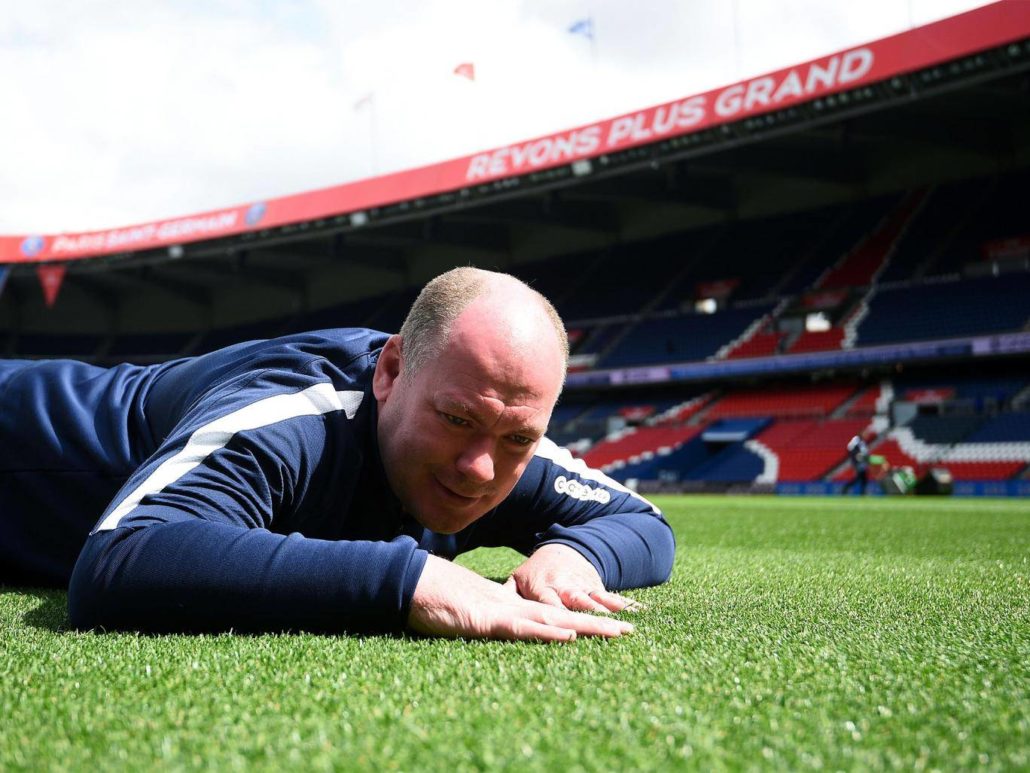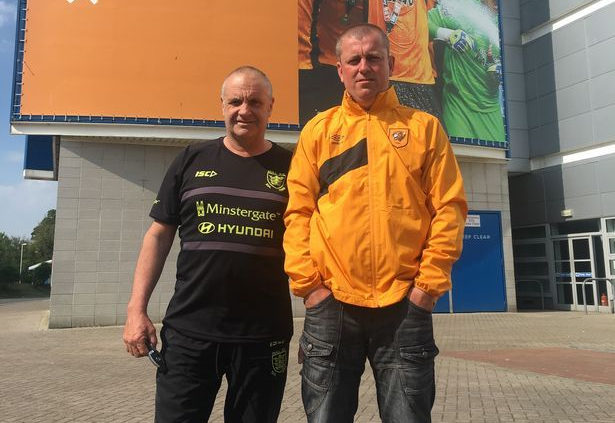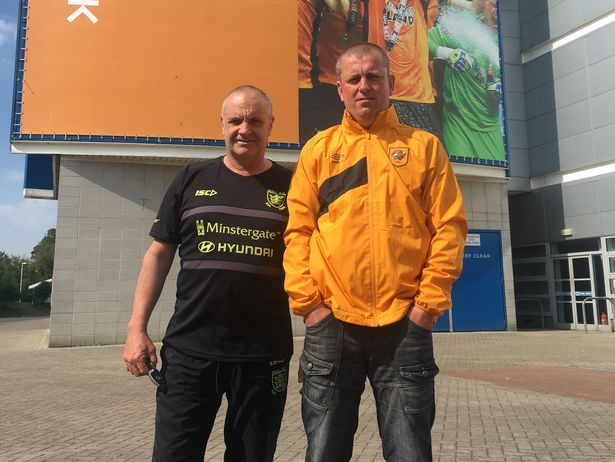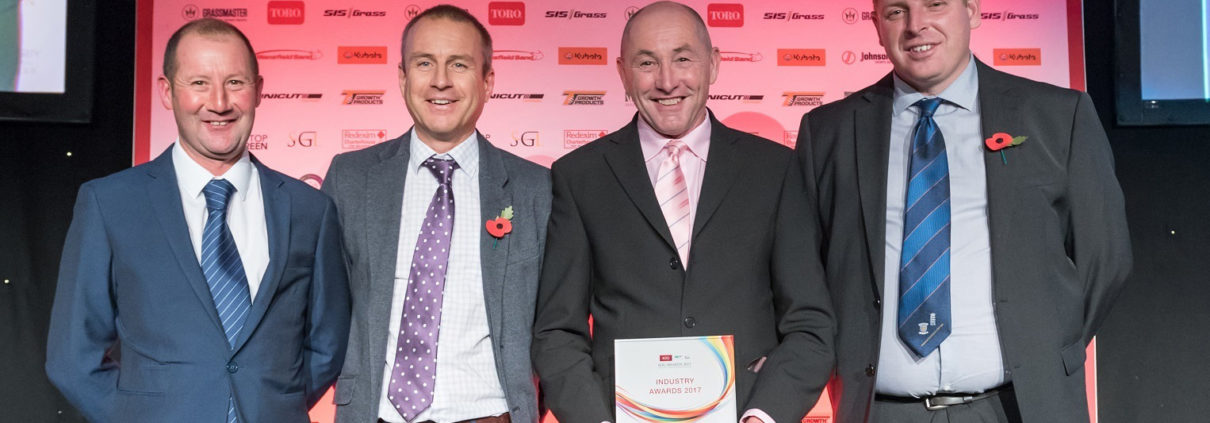Groundsmen Look To The Heavens
Groundsmen Look To The Heavens: It was around this time in the long, hot summer of 1976 that things were getting really desperate for the nation’s greenkeepers and groundsmen. It remains the hottest, driest summer on record, though one that this year is threatening to outdo, and it forced those in search of water to keep their well-tended turf alive to get creative.
Exeter City drew up a plan to pour 10,000 gallons of treated sewage effluent on to the pitch. Torquay United trucked in waste water from a sewage works in Heathfield, and Brentford brought in 30,000 gallons from their local treatment plant. The only way the rugby league club New Hunslet could render the ground at their Elland Road Greyhound Stadium soft enough for a cup tie against Keighley to go ahead was to use a tanker full of water collected from a nearby car factory, which was contaminated with oil and “other waste materials”. “Tests on it show that it does not constitute a hazard to health,” wrote the Times, reassuringly.
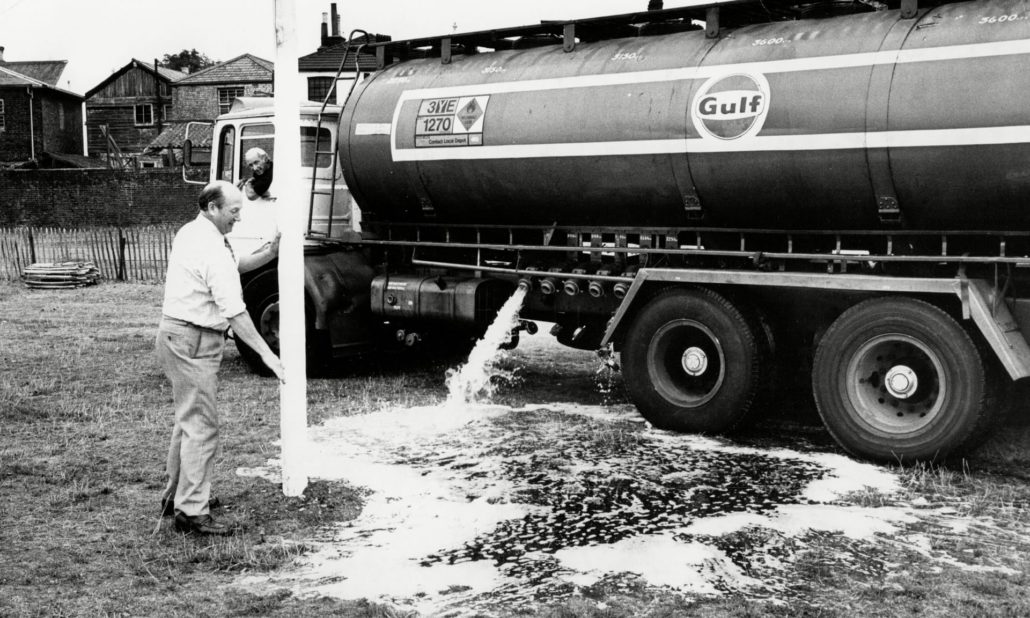
David Oxley, secretary of the Rugby League, said that though “this is traditionally a hard game for hard men”, playing it on hard ground would be one hard too many. “When it becomes parched and cracks open, that’s the danger point,” he said. “We have suggested that clubs might use purified sewage water, or any similar method. It is very much a local affair. Each club will have to decide for itself but having watched a game last Sunday when it looked more like a battlefield, I think the time is not far off when we shall be forced to call games off.”
The Rugby Football Union and its Welsh equivalent both suggested that clubs should consider cancelling games if pitches remained parched. “We are leaving it to the common sense of the clubs,” a Welsh Rugby Union spokesman said, “but if they did come to us for advice I think we would have to say don’t play unless it rains.”
The Guardian’s Frank Keating spoke to the director of the Sports Turf Research Institute, John Escritt, whose advice to groundsmen was simple: “The first advice is to trust in the power of prayer – and if that doesn’t work, which it won’t, leave the grass long because it can then collect what bit of moisture there might be around at dawn.”
At Cardiff Arms Park there was no need for prayer. Workmen had been laying the foundations of a new stand when the desperate groundsman, Bill Hardiman, pleaded with them to dig at the river end of the pitch to see if they found water. They did, just nine feet down, and again at the opposite end. From then on Hardiman sprayed his pitch for 12 hours a day. “I have had the water analysed and it is quite drinkable,” he said. “I drink it every day.”
Tony Bell, now Middlesbrough’s head groundsman, was just a child in 1976. “I remember thinking it was fantastic,” he recalls. This year Bell and his team, named the best in the Championship last season, have had to cope with similar challenges. “We’ve had dry times before, but not as long as this, day after day after day,” he says. “Irrigation’s OK, but it doesn’t go on the same as rain. It’s never as even. You only need a breath of wind and it blows about. Some parts of the pitch are getting double what they need, others nothing at all.”
Bell has several advantages over 1970s-era groundskeepers, including automatic irrigation sprinklers, moisture meters, consultant agronomists, and four decades’ worth of advances in turf science. Half the seed he laid this summer was tetraploid grass, a new, hardier, stronger kind of rye. He also has a borehole that provides plentiful water to the training ground. Yet still he has struggled. “Temperature has been the biggest challenge,” he says. “The heat basically forces us to put water on during the day just to keep the grass alive, but that also creates disease. We’ve had pythium blight, which is a warm-weather disease you very rarely get in this country. It’s devastating, it just makes the grass go strawlike. We had a lot of pitches that were severely knocked back, and they’re only just recovering now. Down south it’s been 30-odd degrees, which is far more challenging. Up here 21-22 is a normal summer, but 25-plus is a different ball game.”
Christian Spring is UK research operations manager at the Sports Turf Research Institute, and was recently at Carnoustie to monitor playing conditions at the Open. “They’ve not had a huge amount of rain, certainly a lot less than they’re used to,” he says. “It’s been about managing the water reserves that they’ve got and trying to keep everything ticking over so it looks authentic, feels authentic but still plays well as a golf course. This year was an opportunity to hold an Open Championship in true summer conditions. It’s a different challenge. Overwatering can be just as bad as underwatering. As with all things in life, finding the right balance is difficult. The art of a groundsman is knowing when to back off and not be tempted to turn on the tap.”
As this summer continues along its arid path, although this weekend’s rain has brought some relief, it is also about looking beseechingly at the heavens and hoping that at some point nature will take care of that job for you, and ideally before the borehole runs dry, the hosepipe bans kick in and you’re forced to put in a call to the sewage plant.
Click here to read the original article
For the latest industry news visit turfmatters.co.uk/news
Get all of the big headlines, pictures, opinions and videos on stories that matter to you.
Follow us on Twitter for fun, fresh and engaging content.
You can also find us on Facebook for more of your must-see news, features, videos and pictures from Turf Matters.


